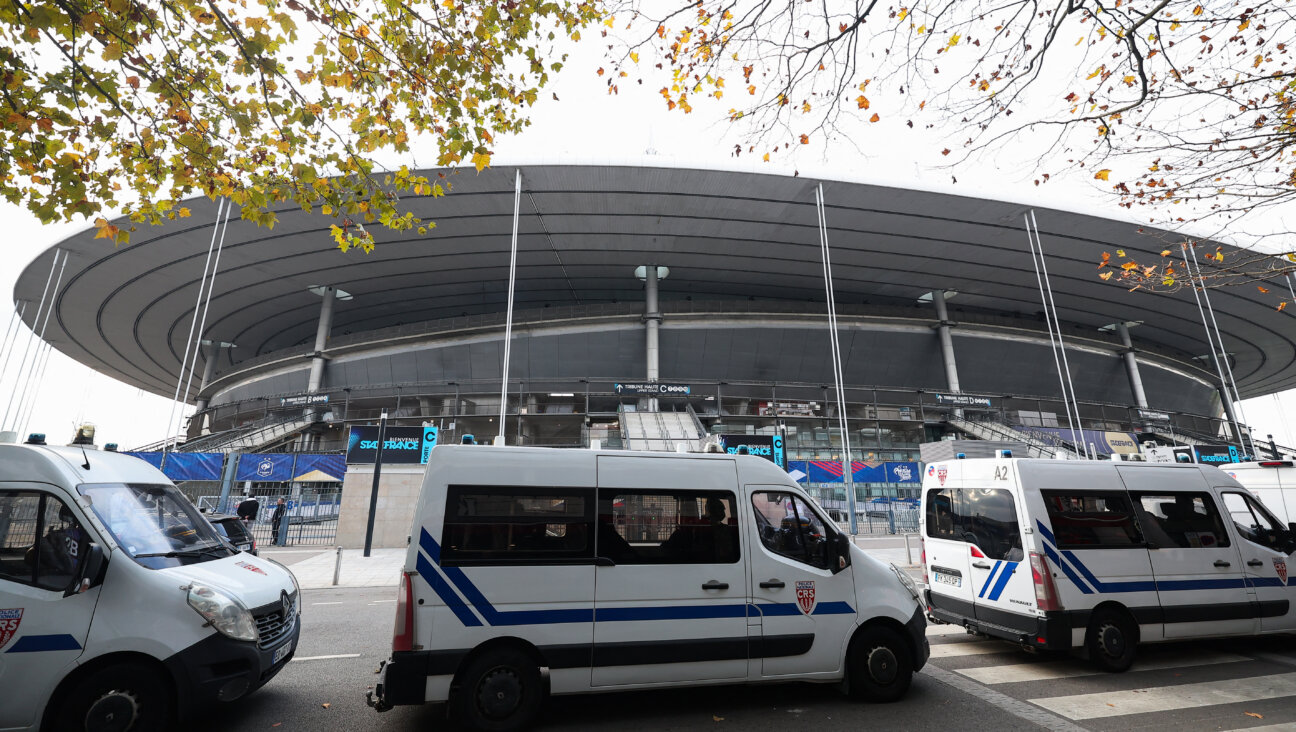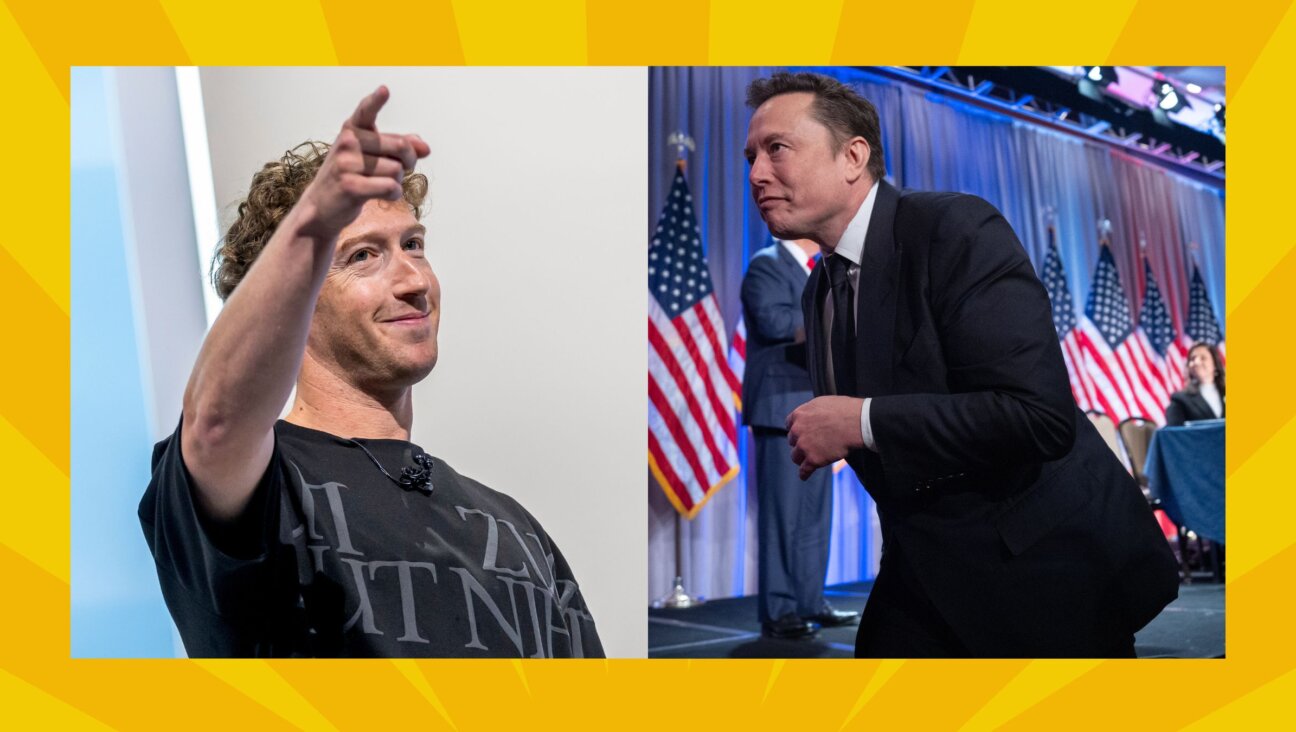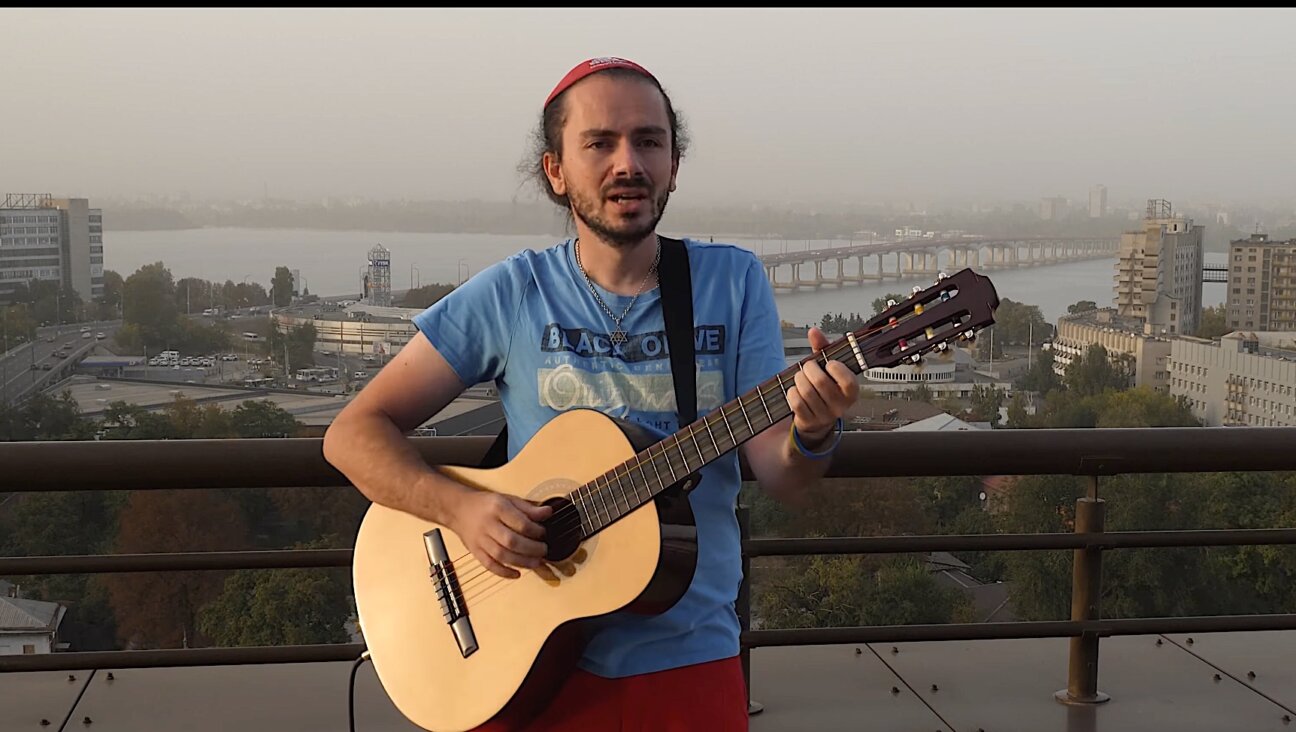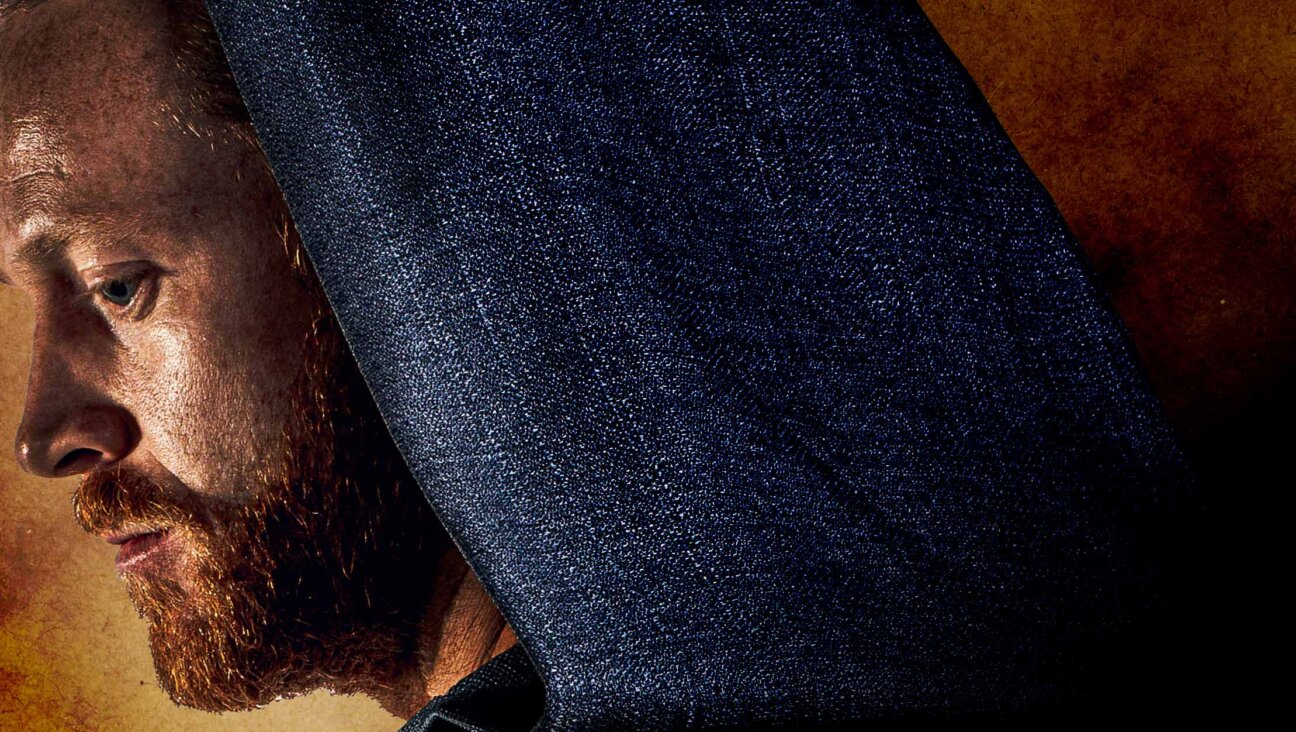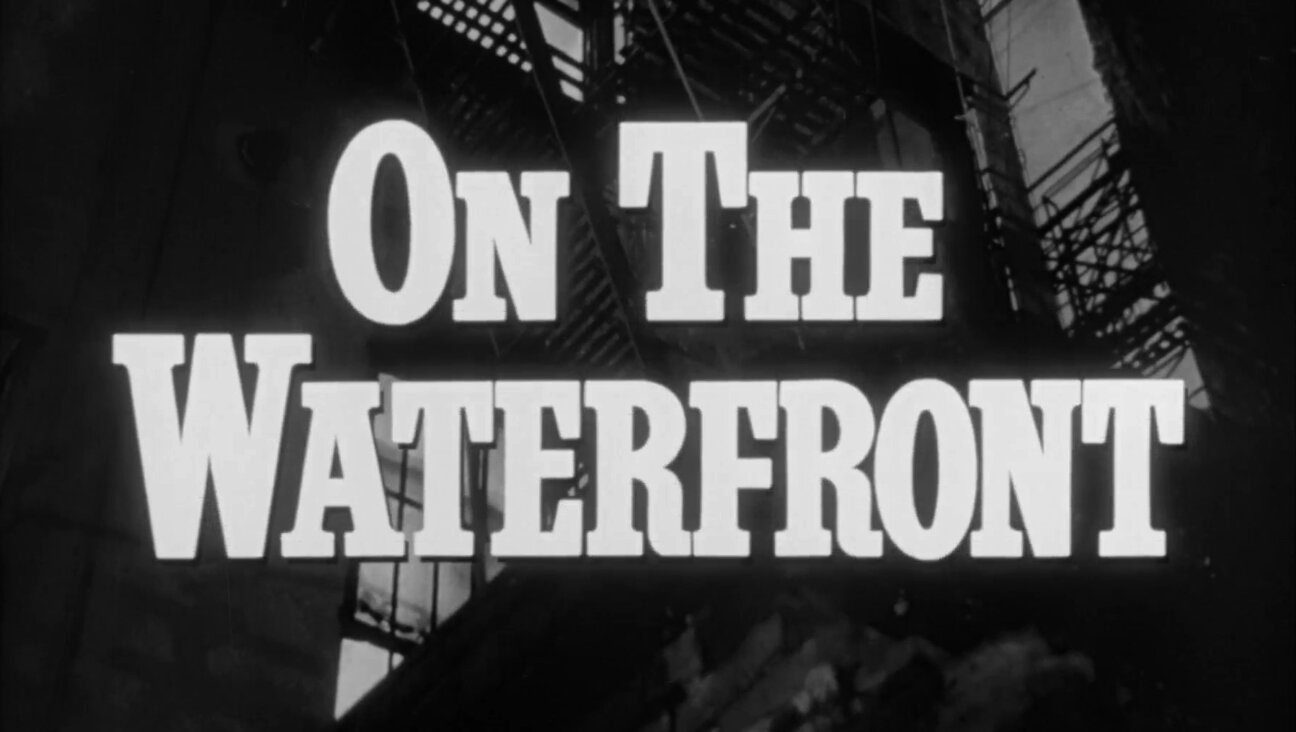Too Young To March?
Gingerly, even diffidently; in the form of a question, to lessen the sting: Is the March of the Living, now in its 17th year, which this month brought more than 20,000 young people from all over the world to Poland — yes, to the camps — is the March of the Living good for the Jews, or ought it be discarded?
This is not a politic question to raise. Like almost everything connected to the Holocaust, the March of the Living enjoys semi-sacred status. To subject it to scrutiny can easily result in accusations of Holocaust denial and of gross insensitivity to the dwindling number of survivors. In the specific instance of the March of the Living, so very many young people — 350,000 over the years from Israel alone — evidently have been so shaken by the experience that it may border on the churlish to suggest a less worshipful approach to the matter.
But I am not alone in feeling that something’s amiss; my view is shared by numbers of Jewish activists, who tend to whisper their critiques in private. Perhaps it’s my own experience as a pilgrim whose life was profoundly affected by what I saw and felt in Poland 32 years ago that leads me to write as I do.
The tradition has it that no one should study Kabbalah before reaching the age of 40. That same kind of caution should inhere to the Holocaust, as well. With rare exception, people in their teens cannot absorb the meanings of a day at Auschwitz. True, few of us can absorb those meanings, no matter our age, but at least older cohorts are generally better able to resist the pedagogic manipulation that is part and parcel of the March of the Living — manipulation that is built into the program in the most fundamental way: From Poland, the teens go to Israel.
“Tears flowed as they saw the gas chambers, mounds of human hair and other gruesome exhibits of mass slaughter. The students flew to Israel, where pain turned to relief and joy,” is how one broadcaster reported on the March of the Living in 1994.
If you schedule Israel on the heels of Poland, it becomes impossible to avoid the “from ashes to rebirth” metaphor. And so you learn that while the Holocaust was surely a problem, Israel was and is the solution. No need to confront, to wrestle with, the tragedy; the story turns out to have a happy ending, like “Schindler’s List.”
And lest the inherent lesson be too subtle, it is rendered painfully explicit year after year — this year, by none other than Prime Minister Sharon himself: “The State of Israel,” Sharon told the crowd at Birkenau, the death camp of Auschwitz, “[is] the only place in the world where Jews have the right and capability to defend themselves by themselves.” He charged the youngsters with the duty “to bequeath the lesson, memories and stories to underscore the importance of the Jewish state.”
To Sharon and many others like him, of all political hues, the overriding lesson is, as Sharon said on his arrival in Poland, that we must “always remain vigilant and trust no one but ourselves. Jews can only rely on themselves.”
That is a lesson that is readily derived from the dreadful experience. But it is a wretched lesson nonetheless. There is a space between caution, learned the hard way, and paranoia — and it cheapens the gravity of what happened in Auschwitz and elsewhere during those dark days to suggest that the central lesson to be kept alive through the generations is suspicion.
To trust no one means to suspect everyone. To suspect everyone is to ensure that no one will offer a hand; it is to engage in self-fulfilling prophecy.
What a shabby self-portrait we paint when we present ourselves as the eternal victim, utterly alone in a hostile world. Nothing has changed, according to that depiction, except that instead of cowering we now strut. But we are always, always alone.
A report in the Israeli daily Ha’aretz the other day asserted that “most studies agree that the principal lesson learned on the trip is that without a strong Israel and a strong army, there can be no guarantee for a future Jewish existence.” That view accords with the Israeli Ministry of Education’s own declared objectives for the program, which hold that the values participants are expected to learn are “the need for a strong sovereign Jewish state and the universal lesson of the duty to protect and defend democracy and combat all forms of racism.”
Not surprisingly, however, the emotional engagement that is encouraged focuses on only the first of these goals. And the first without the second dishonors the dead, dishonors the Righteous Gentiles, dishonors history, trivializes both the Holocaust and the state. Of course Israel needs to be strong, but strong is not the only thing it needs to be, nor is the Holocaust the antecedent reason it needs to be strong.
All this is hard to wrestle with, harder still if you’re 16 or 17 years old and have yet to learn both the meaning of tragedy and the limits to sovereign power. The mysteries of the Holocaust remain essentially impenetrable. They do not lend themselves to formulaic interpretations, yet even the most sophisticated Ministry of Education, faced with the challenge of “explaining” the tragedy to 20,000 youngsters, is bound to come up with easy formulas.
Alas, at a time when we find it increasingly difficult to explain just who we are and what we believe, the temptation to take cover under the smothering blanket of the Holocaust is almost irresistible. Once, we were impotent and they butchered us; now, we have tanks and missiles; all’s well as long as we remain vigilant and trust no one but ourselves. Is there really no better way?
Leonard Fein is the author of “Against the Dying of the Light: A Parent’s Story of Love, Loss, and Hope” (Jewish Lights).
A message from our CEO & publisher Rachel Fishman Feddersen

I hope you appreciated this article. Before you go, I’d like to ask you to please support the Forward’s award-winning, nonprofit journalism during this critical time.
At a time when other newsrooms are closing or cutting back, the Forward has removed its paywall and invested additional resources to report on the ground from Israel and around the U.S. on the impact of the war, rising antisemitism and polarized discourse.
Readers like you make it all possible. Support our work by becoming a Forward Member and connect with our journalism and your community.
— Rachel Fishman Feddersen, Publisher and CEO









